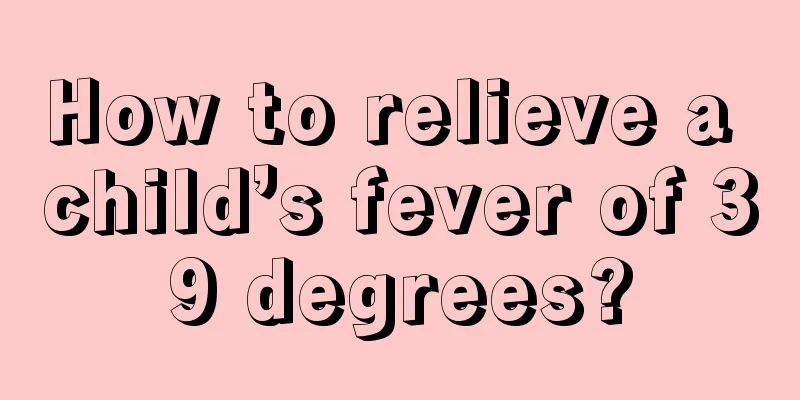Why does the baby's upper tooth grow first?

|
Newborns do not have teeth, except in some special circumstances. When a newborn baby grows for a period of time, teeth will emerge. At this time, breastfeeding mothers should be careful to avoid the baby's teeth from wearing out the breasts, and also be careful not to touch the baby's small teeth when feeding. Some parents have found that their baby's upper teeth grow first. Is this normal? The eruption of babies' teeth usually follows a certain order and pattern, but it is not always the same. Some babies have their upper teeth erupt first, which is also normal. Check out the answers below, hope it helps! Generally speaking, babies will grow their first tooth when they are 6 months old, and have all 20 deciduous teeth by the age of two. However, each baby's growth is different. Some babies may grow teeth when they are four or five months old, while others may not grow teeth until they are one year old. As long as they grow teeth before one year old, it is normal. During the teething period, your baby will show many symptoms, such as irritability, drooling, and even biting everywhere, which are all discomforts caused by teething. Although these discomforts will gradually disappear as the teeth grow, they have a great impact on the growth of baby's teeth. If not properly cared for, they may even affect the health of permanent teeth. Therefore, after the baby grows the first tooth, you should take the baby to the dentist to establish a file for him to record the growth of the teeth in detail. Baby teething order The birth of a baby's 20 deciduous teeth follows a certain order. Although it may not be set in stone, it can be used as a reference. 1. Lower deciduous central incisor 2. Upper deciduous central incisor 3. Upper deciduous lateral incisor 4. Lower deciduous lateral incisor 5. Lower first deciduous molar 6. Upper first deciduous molar 7. Lower deciduous canine 8. Upper deciduous canine 9. Lower second deciduous molar 10. Upper second deciduous molar Symptoms of teething in babies 1. Pain: Your baby may show signs of pain and discomfort. 2. Bad temper: The discomfort caused by teething can make the baby bad tempered and cry a lot, which is especially obvious one or two days before teething. 3. Red cheeks: You may notice red spots on your baby’s cheeks. 4. Drooling: The excessive saliva produced during teething will cause the baby to drool frequently. 5. Chewing, biting or chewing things: If you put anything near the baby's mouth, he may do the above actions. 6. Swollen gums: Check his mouth to see if there is any redness or swelling on the gums. 7. Restless sleep: Your baby may wake up in the middle of the night and seem irritable, even though he had been sleeping soundly before. 8. Increased body temperature: Teething can cause the body temperature to rise slightly, so your baby may feel a little hotter than usual. 9. Butt pain: Although we don't know the reason yet, some parents have noticed that babies are more likely to suffer from diaper rash and may have loose stools when they are teething. |
<<: Why does my baby's feet sweat but are cold?
>>: Why does a child’s baby tooth not fall out but another one grows inside?
Recommend
What are the dangers of teenage obesity?
As a growing generation, teenagers are the sun of...
Is it good for babies to sleep on their side?
When the baby cannot turn over, he always sleeps ...
What should I do if my child has milk curds in his poop?
Since the baby is still young and cannot speak, t...
How to bask in the sun when you have high jaundice
We all know that the birth of a baby will bring a...
Three-month-old baby girl's development indicators
I don’t know if you are aware of the developmenta...
How to examine and treat cryptorchidism in children?
The occurrence of cryptorchidism in children not ...
Is baby diarrhea contagious?
Under normal circumstances, baby diarrhea is gene...
Lump on the child's ear
If a child has a lump near his ear, it is likely ...
What is the normal urine volume for a nine-month-old baby?
For new parents, there are many things they don’t...
Why are my baby's labia black?
Generally speaking, a woman's labia will grad...
Why does my child's neck swell when he talks?
Many clinical diseases have obvious symptoms and ...
How to deal with a fever in a three-year-old child
What should we do if a three-year-old child has a...
What should I do if my child snores at night?
In daily life, many people around us snore when t...
Sand tray therapy for children
With the improvement of living standards, people ...
What foods are good for children's eyes?
We all know that the myopia rate among young peop...









